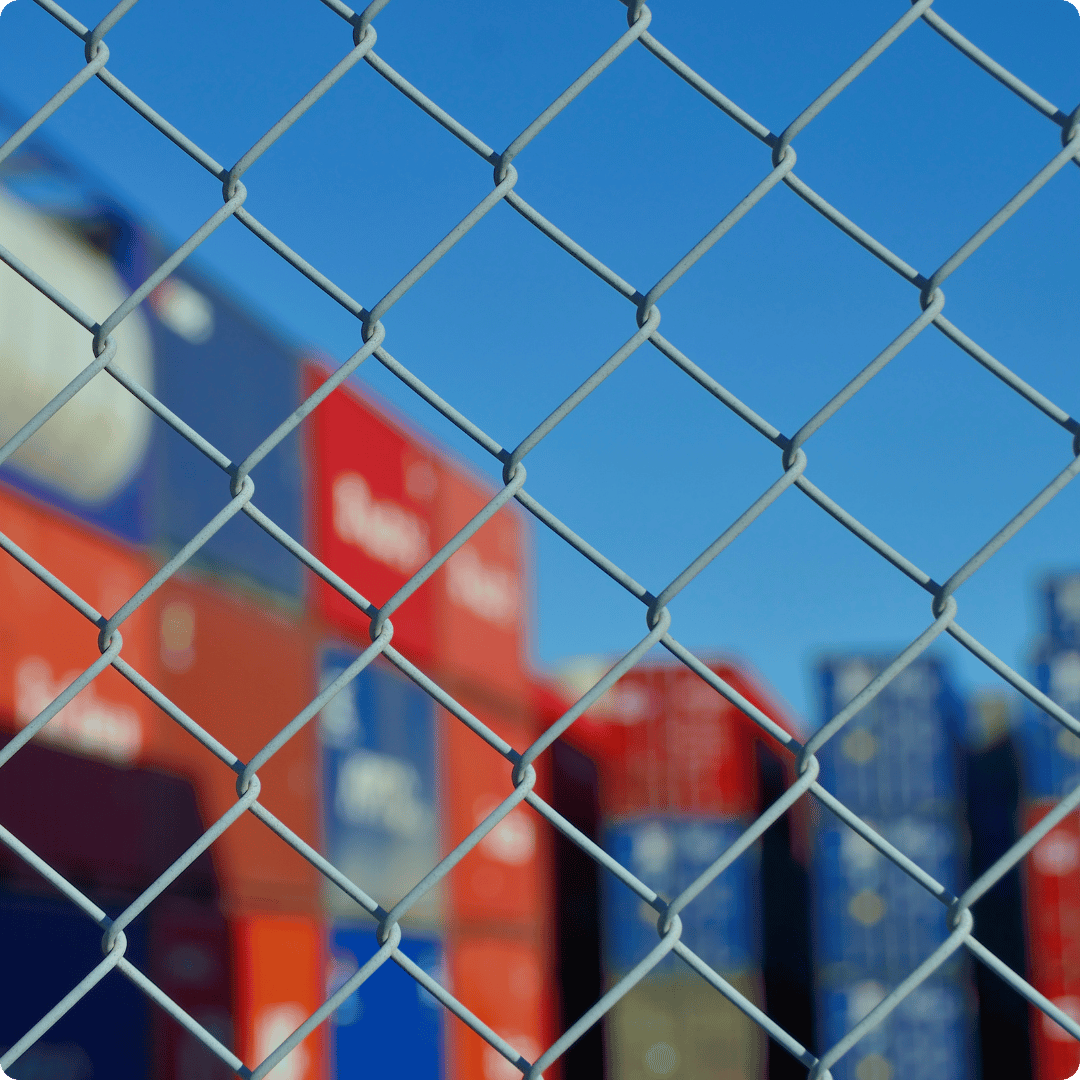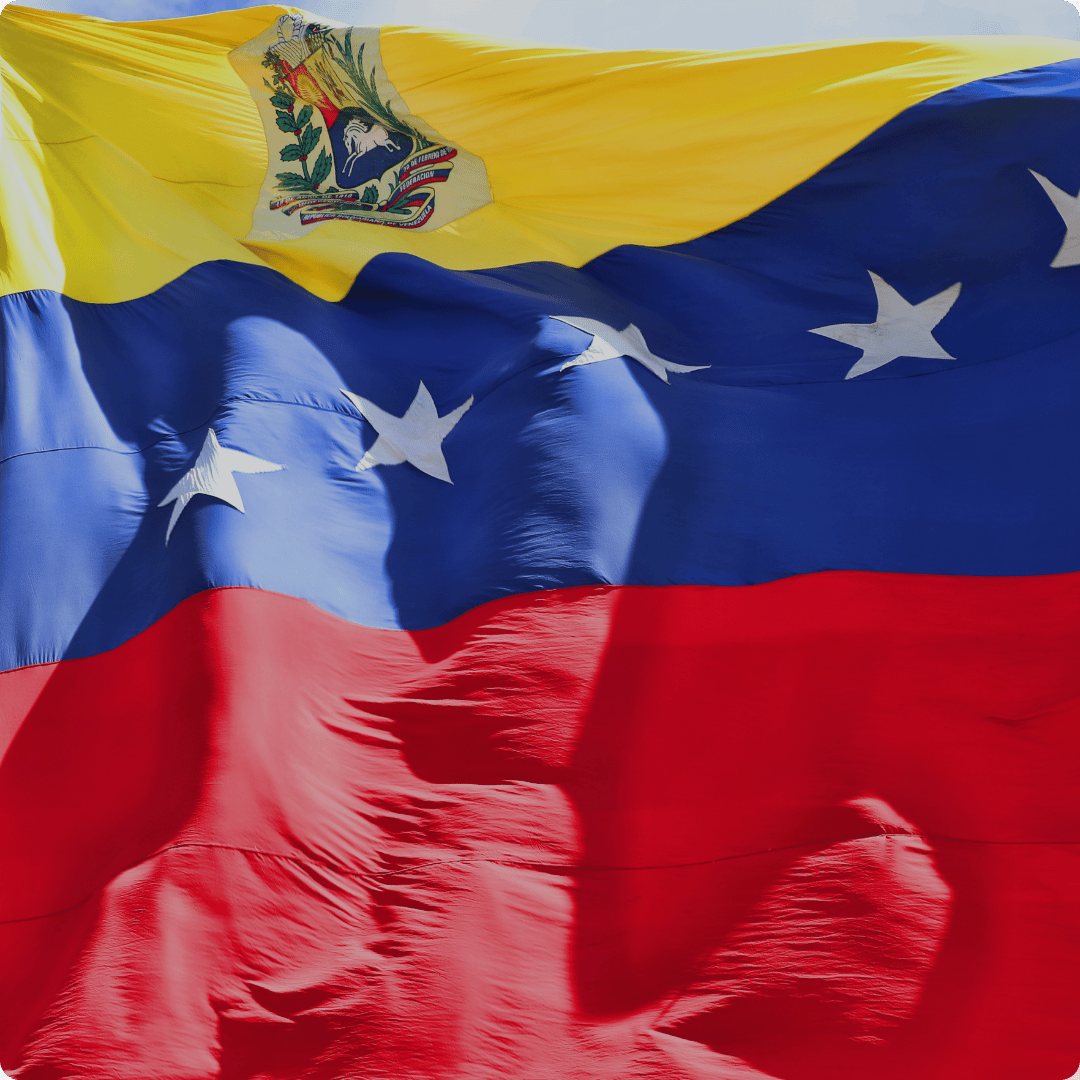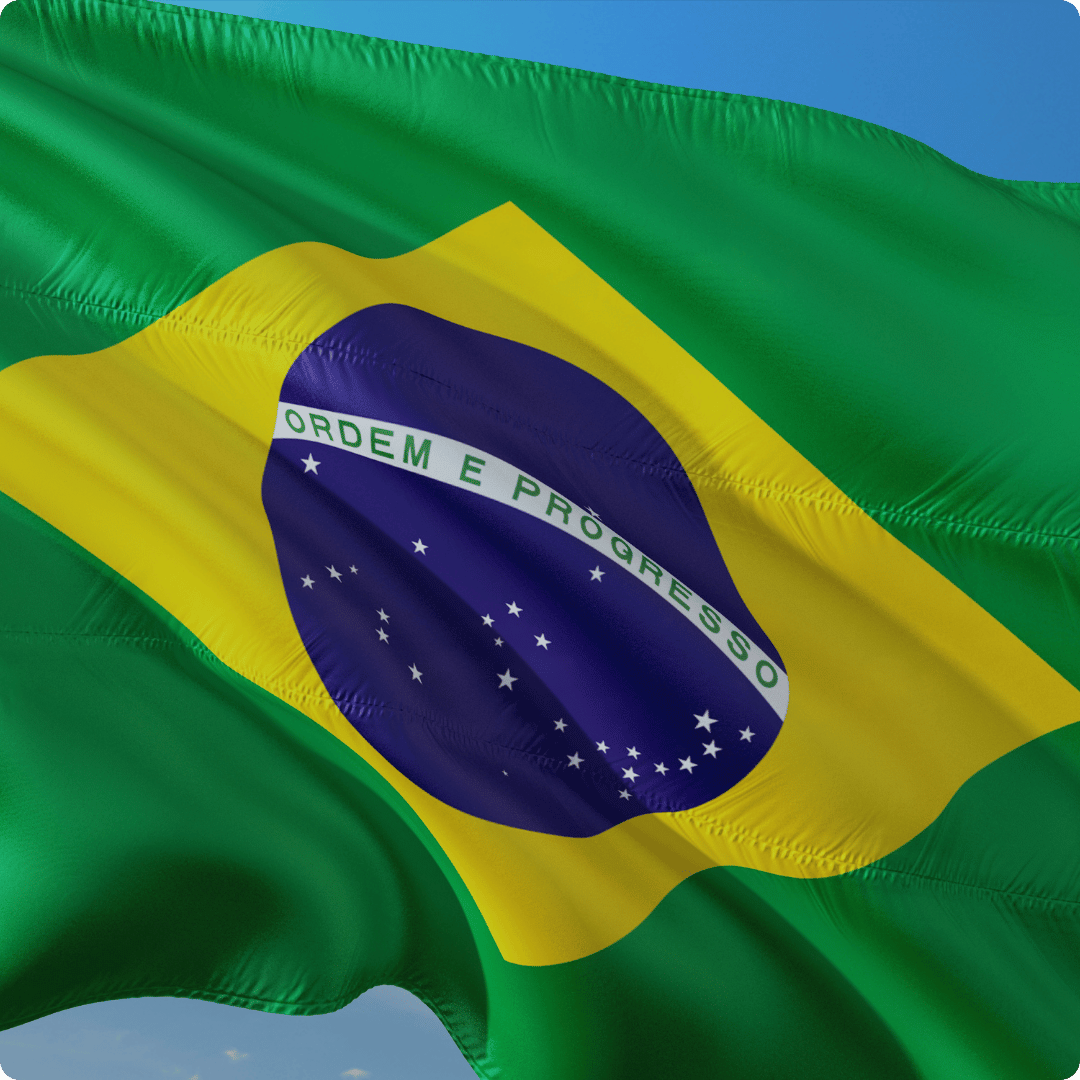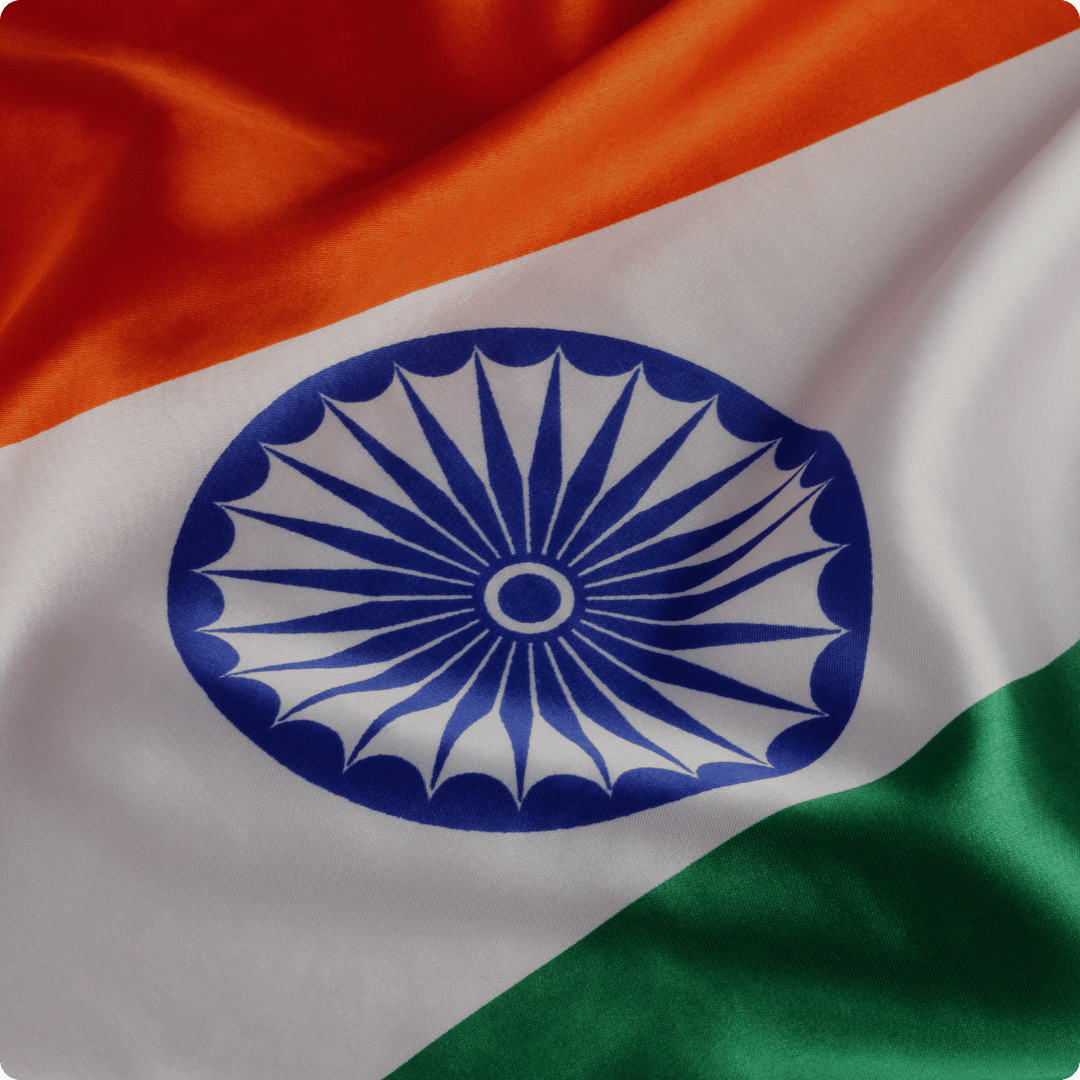The allure of international trade is undeniable. The world of global commerce beckons with exciting new markets and boundless growth opportunities. But before you set sail, be aware – importing isn’t always smooth sailing. Certain destinations offer unique hurdles that can test even the most seasoned importers.
This guide equips you with the knowledge and strategies to navigate these intricate landscapes. We’ll delve into the world of imports, unpacking the entire process from customs clearance and trade compliance to understanding HS codes (a crucial element for import classification). We’ll also highlight the essential role of an Importer of Record (IOR) when navigating the complexities of import in these challenging destinations.
Top 5 Most Challenging Import Destinations:

Here are the top 5 most challenging import destinations in the world, where seemingly simple tasks like shipping a product or clearing customs can morph into an intricate operation.
By understanding these complexities and employing the right strategies, you can transform these challenging destinations into lucrative opportunities. So, buckle up– it’s time to conquer the import landscape!
Venezuela
The import process in Venezuela can be notoriously bureaucratic and time-consuming. Importers may face delays and difficulties navigating complex regulations and obtaining necessary permits.
Due to varying regulations and procedures across countries, importing into Central and South America can be notoriously difficult?
According to the latest World Bank annual ratings, Venezuela is ranked 188th among 190 economies in terms of ease of doing business.
This ranking highlights the significant challenges faced by businesses operating in the country.

Responsibilities of the IOR
Constantly changing import regulations, unpredictable currency exchange rates, and hyperinflation make it extremely difficult for importers to calculate landing costs for imported goods accurately. This can lead to under-invoicing (which comes with legal ramifications) or significant profit margin erosion. The role of the IOR is to manage these complexities to ensure that the shipment arrives at its destination without incident and within a reasonable timeframe.
Duties & Tariffs
Frequent changes to duty and and generally high rates of duties and tariffs make forecasting and projecting costs challenging. The Venezuelan government implements strict currency controls, limiting access to foreign exchange. This can make it difficult for importers to secure the necessary dollars to pay for foreign goods.
Trade Agreements and embargoes
Limited participation in trade agreements and sanctions from countries such as the United States and European Union, among others, make imports into Venezuela difficult.
Dual-Use Goods
Goods deemed to have both civilian and military applications (dual-use) face strict regulations and lengthy approval processes for import into Venezuela. This can significantly delay shipments and increase costs.
Other Types of Goods
Venezuela may have specific restrictions on certain types of goods beyond dual-use items. These could include agricultural products, certain chemicals, or even second-hand or refurbished items.
Soft Inefficiencies
Bureaucratic processes can be slow and cumbersome, adding time and cost to import transactions. Corruption can further complicate matters and lead to unpredictable delays. Political instability can disrupt trade flows and create uncertainty. Additionally, Venezuela’s infrastructure limitations, such as port congestion or inefficient transportation networks, can lead to delays in shipment arrivals.
Compliance
Regulations in Venezuela can change rapidly, making it difficult for importers to stay compliant. Obtaining import permits and licenses can be a complex and time-consuming process.
Argentina
Argentina ranks high on the Economic Complexity Index (ECI). This means its import system is intricate and can be challenging for foreign businesses.
The government argues that these measures protect domestic industries and stabilize the foreign exchange market.
However, critics argue they stifle economic growth and innovation.
As a destination, Argentina has forged a reputation for being an extremely tough import destination.

Responsibilities of the IOR
Argentina’s import regulations are subject to frequent modifications. These changes can impact everything from required licenses to product certifications, making it difficult for importers to stay abreast of trade requirements. The Argentine Republic Import System (SIRA) adds another layer of complexity. This system monitors and controls import flows, requiring importers to register and obtain approval before transactions.
Duties & Tariffs
Argentina operates with a system of multiple exchange rates. The official exchange rate may not reflect the true cost of acquiring foreign currency, making import cost calculations difficult. In some instances, the importer may need prior approval from the Central Bank to access foreign currency for import settlements. This adds a layer of bureaucracy and potential delays. Customs clearance procedures in Argentina can be slow and opaque. Unexpected delays due to inspections or missing documentation are not uncommon.
Trade Agreements and Embargoes
Argentina’s participation in major trade agreements is limited. This means fewer opportunities for preferential duty rates compared to some competitors. Argentina is, however, a member of the Southern Common Market (MERCOSUR). Other MERCOSUR members include Argentina, Brazil, Paraguay, and Uruguay.
Dual-Use Goods
Argentina has strict regulations for dual-use goods. Obtaining import permits for these goods can be a lengthy and complex process involving multiple government agencies. Certain products deemed “strategic” by the Argentinian government may face additional import restrictions or even outright bans. Importers must carefully classify their goods to avoid delays, import denials, and shipment seizures.
Other Types of Goods
The region may have limitations on importing used or refurbished goods, particularly for specific categories like electronics or machinery. The government utilizes a “Prior Import Verification” (PIV system for certain goods. This system requires additional documentation and verification procedures before import is allowed.
Soft Inefficiencies
The Argentinian import process can be slow due to bureaucratic hurdles. Navigating multiple government agencies and obtaining approvals can be time-consuming. Due to infrastructure limitations, port congestion and inefficient transportation networks can lead to delays in the arrival of imported goods and demurrage costs.
Compliance
Argentina utilizes various non-tariff barriers (NTBs) such as quotas, minimum import prices, and special inspections, further complicating the import process. Import regulations can vary slightly between different Argentine provinces, adding another layer of complexity for importers dealing with nationwide distribution. Many imported goods require registration with specific government agencies. This registration process can be lengthy and involves detailed technical documentation. Obtaining the necessary import licenses and permits can be a complex and time-consuming process. The specific requirements vary depending on the product category and its perceived risk.
Brazil
Brazil is known for its notoriously difficult and bureaucratic import process, often cited as a significant barrier to international trade.
While Brazil represents a vast market with immense potential, navigating the import complexities requires careful planning, understanding of regulations, and potentially partnering with experienced IORs and trade compliance specialists.
Similar to India, Brazil’s import basket reflects its evolving technological landscape.
The country imports a significant amount of electronics and telecommunication equipment to keep up with the latest advancements and meet consumer demand for high-tech products.

Responsibilities of the IOR
The ‘Registro de Importador’ (Importer Registry), often abbreviated as RI, plays a crucial role in importing into Brazil – it’s essentially a regionally specific version of an . Obtaining an RI is mandatory for most entities importing goods into Brazil. This registry is a government-issued license that authorizes you to participate in import activities.
Duties & Tariffs
Brazil has a complex tariff structure with varying rates depending on the product category, origin country, and trade agreements. Duties can be high, particularly for manufactured goods, aiming to protect domestic industries. In addition to federal duties, there can be state-level taxes (ICMS) and a federal value-added tax (IPI) applied to the total import value (including duties). A significant complexity lies in Brazil’s high import taxes and tariffs. These can significantly inflate the landed cost of imported goods. Navigating these structures can be time-consuming and prone to errors, leading to delays and penalties.
Trade Agreements and embargoes
Brazil participates in several trade agreements, such as MERCOSUR along with Argentina and other associate members such as Bolivia, Chile, Ecuador, and Peru), which offers preferential tariffs. with some countries can significantly reduce duties. However, understanding the specific agreement and applicable rules is crucial. Brazil may have specific embargoes on certain goods for reasons like national security or public health.
Dual-Use Goods
Dual-use goods require additional licenses and permits from the Brazilian Bureau of Industry and Security (BIS) before import. The classification process for dual-use goods can be complex and time-consuming.
Other Types of Goods
Many imported goods require registration with specific government agencies. Perishable goods, pharmaceuticals, and products subject to sanitary/phytosanitary (SPS) measures also require additional documentation and inspections, adding to import complexity.
Soft Inefficiencies
Brazil’s customs clearance process can be slow and bureaucratic. Documentation requirements can be extensive and subject to interpretation by customs officials. Despite improvements, Brazil’s infrastructure limitations can lead to delays and higher logistics costs.
Compliance
Strict compliance with Brazilian import regulations is crucial to avoid penalties, delays, and even product seizures. Several Brazilian government agencies oversee different aspects of the import process. This can lead to confusion and delays as importers navigate the various requirements of each agency.
Russia
Russia’s drive to modernize its infrastructure and industrial sector has led to a surge in imports of machinery, transportation equipment, and high-tech goods.
The country is looking to improve its current systems with more advanced technology. Importing into Russia requires careful navigation due to the evolving political climate, complex regulations, and logistical challenges.
Staying updated on the latest developments, working with experienced partners, and ensuring compliance with Technical Barriers to Trade (TBTs) are crucial for success.

Responsibilities of the IOR
Russian import regulations undergo frequent modifications by various government agencies. These changes can impact everything from required licenses to product certifications, making it difficult for importers to stay compliant. Several Russian government agencies oversee different aspects of the import process. This can lead to confusion and delays as importers navigate the requirements of each agency. Importers must maintain detailed records of all import transactions for potential audits by customs authorities.
Duties & Tariffs
Duty and tariff rates in Russia can be adjusted frequently, making it challenging for importers to accurately project landed costs. Russia’s tariff structure can be complex, with varying rates depending on the product category and country of origin. Customs authorities determine the value of imported goods for duty calculation. This valuation process can be subjective and lead to disputes.
Trade Agreements and embargoes
Russia is a member of the EAEU, which offers preferential trade terms with member countries which include Armenia, Belarus, Kazakhstan and Kyrgyzstan. Understanding these benefits is crucial for importers. Since 2014, Western governments have imposed sanctions on Russia that can restrict trade in specific sectors like technology or defense. Importers also need to be aware of the limitations associated with these sanctions. Russia has also imposed counter-sanctions on some Western countries, further complicating trade flows.
Dual-Use Goods
Russia has strict regulations on dual-use goods, and obtaining import licenses for these goods can be a lengthy and complex process. Detailed technical documentation and additional government approvals may also be required.
Soft Inefficiencies
Obtaining import permits and licenses can involve navigating a complex web of government agencies, each with its own procedures and approval timelines. This can lead to significant delays and uncertainty for importers. The decision-making processes within Russian government agencies can be opaque, making it difficult for importers to understand why approvals are delayed or denied. The availability and reliability of transportation options within Russia can vary depending on the region and mode of transport. This can make it challenging for importers to ensure timely and cost-effective delivery of imported goods. Russian is the primary language of business in Russia. Importers who don’t speak Russian may face challenges communicating with government officials, customs agents, and logistical partners.
Compliance
Russia enforces strict labeling requirements for many imported goods. These often involve specific information displayed in Russian and might include mandatory symbols or tags. Additionally, many product categories require certification by a Russian government-approved body to demonstrate compliance with technical regulations. Russia has adopted a set of technical regulations (TRs) that establish safety, quality, and performance standards for imported goods. Meeting these standards often necessitates product testing by accredited Russian labs. In Russia, compliance with EAC certificates and FSB notifications is essential for navigating trade regulations smoothly. EAC (Eurasian Conformity) certification is mandatory for many products entering the Eurasian Economic Union (EAEU) market, ensuring they meet safety and quality standards. Products requiring EAC certification must undergo testing and assessment to obtain this compliance mark, facilitating market access across EAEU countries, including Russia. FSB (Federal Security Service) notifications are another critical requirement for certain products, particularly those with encryption capabilities or dual-use applications. These notifications are necessary to ensure compliance with Russian regulations regarding security and protection of state interests. Importers must submit FSB notifications for review and approval before these products can be legally imported and distributed in Russia.
India
While India represents a vast market with immense potential, navigating various import complexities, such as EPR requirements and data center red tape, involves patience and a thorough understanding of regulations.
This is a destination where partnering with experienced customs specialists, trade compliance experts, and logistics providers is strongly advised.
Beyond traditional imports like oil and machinery, India’s import basket reflects its growing tech sector.
The country imports a staggering amount of phones and broadcasting equipment, showcasing its booming consumer base.

Responsibilities of the IOR
Indian import regulations are subject to frequent modifications by various government agencies. These updates can significantly impact everything from required licenses to product certifications, making it difficult for IORs to stay compliant. Navigating multiple agencies overseeing different import aspects can lead to confusion and delays. Importers must also maintain meticulous records of all import transactions for potential audits by customs authorities.
Duties & Tariffs
India has a reputation for high import duties, particularly for manufactured goods. These tariffs aim to protect domestic industries but can significantly increase your landed cost. The Indian duty structure involves multiple components:
Trade Agreements and Embargoes
India has a robust network of trade agreements, such as the Comprehensive Economic Partnership Agreement (CEPA) with countries like the UAE and Singapore, the Economic Cooperation and Trade Agreement (ECTA) with Australia, and the India-ASEAN Trade in Goods Agreement (TIG). India has preferential trade agreements with over 50 countries, including comprehensive FTAs and limited coverage of Preferential Trade Agreements (PTAs). However, a thorough comprehension of the specific agreement’s provisions and the relevant regulations is essential.
Dual-Use Goods
India maintains a strict list called “Special Chemicals, Organisms, Materials, Equipment and Technologies” (SCOMET). This list categorizes dual-use items with civilian and military applications. Importing many items on the SCOMET list requires a license from the government. The application process can be lengthy and involve multiple agencies.
Soft Inefficiencies
Obtaining import permits and licenses can involve navigating a complex web of government agencies, each with its own procedures and approval timelines. This lack of transparency can lead to significant delays and uncertainty for importers. The availability and reliability of transportation options within India can vary depending on the region and mode of transport. This makes it challenging to ensure timely and cost-effective delivery of imported goods.
Compliance
India enforces strict labeling requirements for many imported goods. These often involve specific information displayed in Hindi or English alongside mandatory symbols or tags. Many product categories require certification by a government-approved body to demonstrate compliance with technical regulations. Meeting these standards often necessitates product testing by accredited Indian labs. Customs clearance processes in India can be complex and time-consuming due to extensive documentation requirements and potential physical inspections. India’s Extended Producer Responsibility (EPR) program assigns responsibility for post-consumer waste management to producers and importers. EPR registration is mandatory for manufacturers and brand owners dealing with specific categories of products like plastic packaging, e-waste, and batteries, as well as for those bringing in these regulated products from overseas. Additionally, BIS and MTCTE certifications are crucial for navigating import compliance in India. BIS Certification applies to a wide spectrum of products, ensuring they meet stringent Indian safety standards. For products falling under BIS regulations, obtaining a mandatory BIS certificate is essential to enter the Indian market. Moreover, The Mandatory Testing and Certification of Telecom Equipment (MTCTE) Certification is specifically required for telecom equipment, validating compliance with vital technical specifications mandated by the Indian government. Any imported or domestically used telecom equipment in India must undergo rigorous MTCTE certification to ensure adherence to regulatory norms and smooth market access. Understanding and fulfilling these certification requirements are integral steps in ensuring seamless import operations and compliance with Indian regulations.
Why Global Import Is So Complex
Importing goods can be frustrating, especially when dealing with different countries’ regulations and unexpected delays. Here’s where TecEx can help!
Common Importing Problems:
- Confusing Regulations: Each country has its own import rules, making it challenging to navigate paperwork and licensing requirements.
- Customs Delays: Incomplete documents, inspections, and compliance issues can delay your shipment, impacting delivery times.
- Trade Barriers: Tariffs and quotas make importing expensive, potentially affecting your sales or raising consumer prices.
- Shipping Disruptions: Delays due to supply chain issues, port congestion, or unexpected events can disrupt your entire business flow.
- Financial Risks: Currency fluctuations, customs duties, and delays can create financial burdens.
TecEx Takes the Complexity Out of Global Import.
We offer expertise in:
- Importer of Record (IOR) Services: We handle customs compliance for you, ensuring smooth import processes.
- Customs Management: We avoid delays by navigating customs regulations and paperwork, from licenses and permits to the intricacies of dual-use goods and high-value tech gear.
- Trade Compliance: We stay updated on trade barriers and help you to minimize costs.
- Global Shipping Management: We ensure efficient and reliable shipping to minimize disruptions. Our extensive liability cover ensures the safety of your goods throughout the shipping process.
Work with TecEx and avoid costly delays, penalties, seizures, demurrage fees, and trade complexities.
